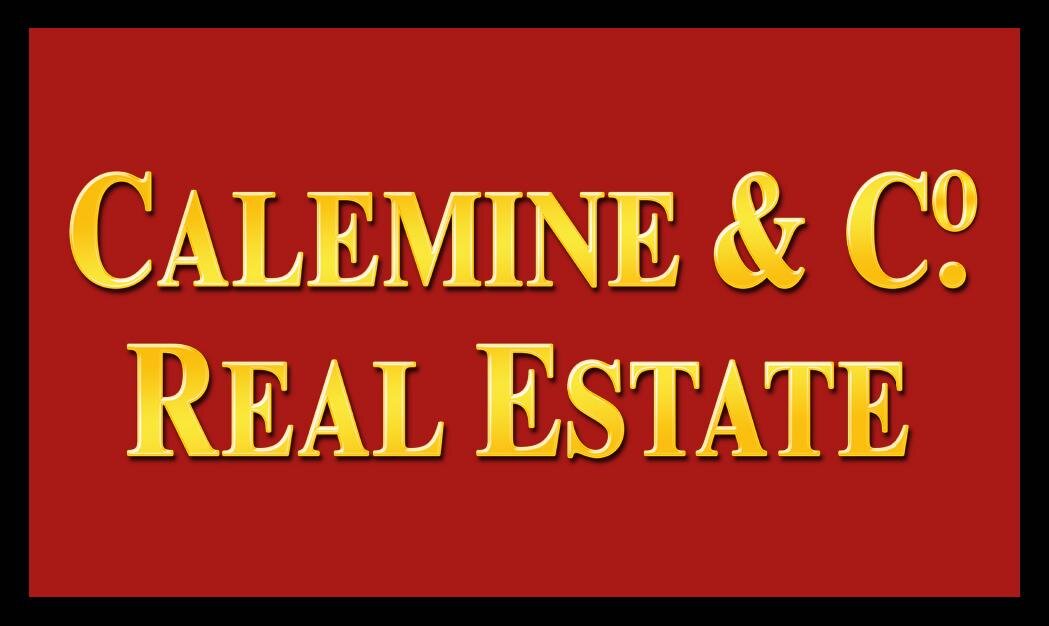Myths and misconceptions in Real Estate
AM 570 Podcast
Column from The Wave
I often shine light on real estate practitioners' habits of deceiving and misleading the public. In doing so, I strive to raise the standard of my beloved profession and bring honesty into an industry that is generally not very respected by the public. On the other hand, many of the misconceptions and myths that I speak about today are actually held and spread by the public. Likewise, they must be exposed, and not left to perpetuate, in order to improve and sustain the health of the market. Remember, as Sy Syms said: "An educated consumer is my best customer".
1) Your house is NOT worth what NYC Dept. of Finance or Zillow says it's worth; It's true market value can ONLY be learned after a professional comprehensive marketing campaign. Third parties (whether it's a city tax collecting agency or a nationwide brokerage firm pretending to be an unbiased real estate authority) simply cannot know what your particular house is worth at any particular time. Although they're technically presented to the public as "estimates" I've seen these numbers be grossly, and unpredictably, inaccurate and therefore extremely misleading. Especially when property owners talk among each other and share these false estimates as factual.
2) Your house is NOT a legal 2-family just because your Deed says so. It's legal use is in fact exclusively determined by your Certificate of Occupancy that's issued by the NYC Dept. of Buildings. Conversely, your Deed is an instrument used and issued by the NYC Dept. of Finance, the very same agency that calculates and collects your property taxes. An inside trick is to count the number of gas meters (NOT electric meters) to confidently predict the number of legal units inside your building.
3) Selling a property in a few days time is NOT a good thing. To achieve true market value takes time, money and marketing expertise. A few phone calls to a select handful of qualified buyers can undoubtedly sell a house quickly, but it cannot assure a seller that it sold for the highest possible price. You just can't effectively reach the entire market in a few days. A quick deal doesn't give the seller a great result, it only gives their broker a fast, easy and expense-free commission. In fact, unbeknownst to the seller, the buyer who was quickly selected by their broker may very well have gotten the deal by committing another listing to that very same broker. Sadly, I've seen this happen time and time again.
4) Cash buyers DO NOT knock on your door with bags of money nor do they bring greenbacks to the closing. In real estate, a "Cash buyer" simply means someone who is not seeking a mortgage. They typically wire the money or come to the closing with certified checks.
5) Lower real estate commission DOES NOT equal more money in a seller's pocket. You get the service and results that you pay for. Full time professional brokers pay salaries, insurances, subscription fees, rent, utilities, and so much more. Highly successful brokers also spend an awful lot of money on income taxes and marketing expenses. The best brokers spend most of that money marketing individual listings thus ensuring that their clients will get the highest price and most money in their bottom line. Real estate brokerage is a serious business. With so much at stake financially, it behooves sellers to find the very best, most successful broker out there, not some price-cutting desperado.
These are just a few examples of the publicly held myths and misconceptions that I often encounter in my real estate practice. Hopefully, they won't be long-lived.

